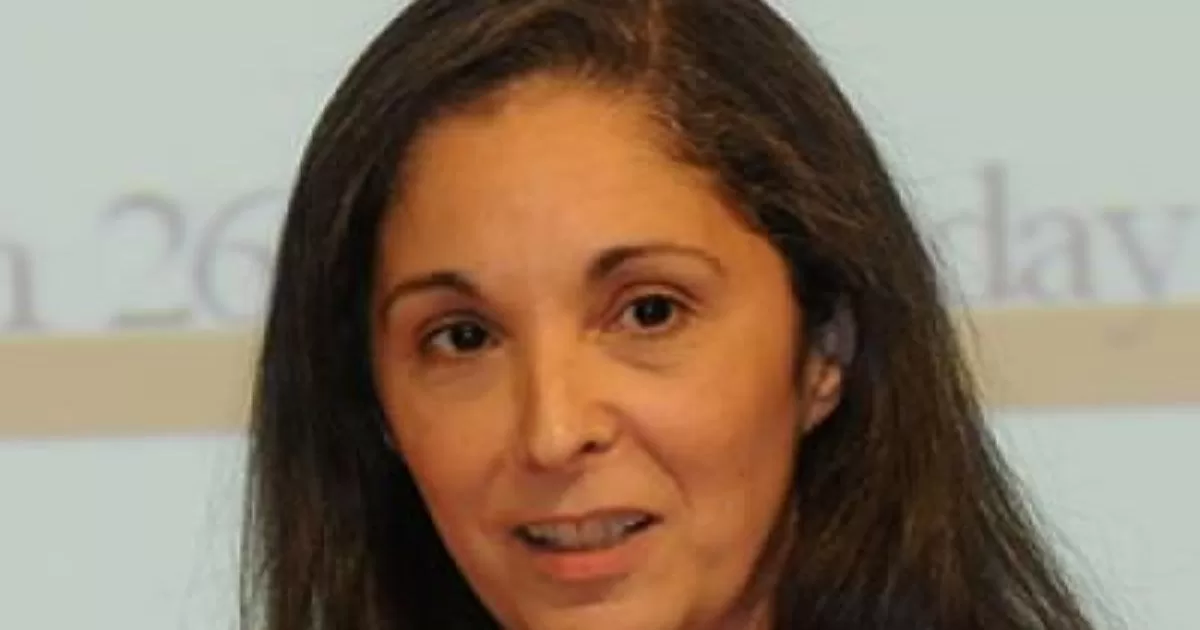Beijing considers Taiwan part of its territory and has expressed its willingness to recover it, even though communist China has never ruled the country. The United States, with strategic ambiguity, does not recognize Taiwan as a sovereign state, but assists the government militarily and supports sectors opposed to unification.
The elected authorities will face a critical juncture on whose resolution depends not only the survival of democracy and the territorial integrity of Taiwan, but also the regional stability of the Indo-Pacific and global peace.
In the 1990s, Taiwan completed the transition from an authoritarian regime to a representative, presidential, multiparty democracy. Taiwan’s political parties can be classified along a continuum from pro-unification with China to pro-Taiwan independence.
Two political camps are clearly defined: the blue (pro-unification) and the green (pro-independence), the first organized around the nationalist KMT (Kuomintang) party, which governed as single party between 1949 and 1996, the year of the first direct presidential election.
In 1949, after losing the civil war against the Chinese communists, the KMT and its leader Chiang Kai-shek took refuge in Taiwan, where they began their hegemony. The repression of opponents was systemic and the “White Terror” policy was protected by the sanction of martial law in force until 1987. The KMT’s claim to represent all of China was obstructed in 1971 by a United Nations resolution by granting that status to communist China.
From then on, China began its policy of international harassment and isolation of Taiwan with a view to its annexation. Paradoxically, the KMT and its followers who fiercely fought communism and were defeated by it, are prone to eventual unification under Chinese rule.
In the green field, the center of gravity is occupied by the DPP (Democratic Progressive Party), a center-left party formed in 1986 that promotes the sovereignty of Taiwan and, since its return to power in 2016, has intensified the internationalization of the independence cause. This ended the official dialogue on the part of Beijing and threats of forced annexation continued.
Beyond the DPP-KMT bipartisanship, a new political party, the TPP (People’s Party), joins the electoral competition in 2024 as third way. In a tight race, Lai Ching-te, a member of the ruling DPP party and outgoing national vice president, is the favorite candidate according to polls. With extensive political experience, he is a fierce defender of Taiwan’s sovereignty. His ticket election is Hsiao Bi-khim, Taiwan’s de facto ambassador to the United States until November.
Second place in the polls is occupied by Hou Yu-ih, the KMT candidate. He promises to safeguard Taiwan’s sovereignty, but through negotiation, consensus and compromise with China. Polls place Ko Wen-je, former Taipei mayor, in third place, owing his popularity among young voters to his unconventional campaign and his middle-of-the-road stance on how to manage the relationship with China.
The fragmentation of the opposition (KMT and TPP) prevented, despite advanced negotiations, the formation of an electoral coalition that would surely have left the DPP without a chance. Any of the parties that are elected will not achieve a parliamentary majority, a fact unprecedented since 2008. Although the DPP is a favorite in the presidential election, it is expected to lose the parliamentary majority, reaching only 46 of the 113 seats that are at stake. The KMT and TPP could negotiate a parliamentary coalition.
There will undoubtedly be more conflict and multiple negotiations in Parliament. Domestic issues such as labor reform, housing and education will be part of the parliamentary agenda, as well as trade relations with China. Likewise, Parliament approves the budget and confirms appointments from the executive branch to the judicial and administrative control branches.
On the other hand, from a geopolitical perspective the result of the election will modify the dynamics of relations between Taiwan, China and the United States. Although the DPP and the KMT have different positions regarding the relationship with China, both candidates have expressed themselves in favor of maintaining the the state in which and resume dialogue to maintain peace in the Strait.
To this end, the DPP and the KMT have outlined their strategies. The DPP favors strengthening relations with the United States and its allies, while promoting military deterrence by increasing defense spending. He does not rule out dialogue with China, but rejects the so-called “1992 Consensus”, which recognizes the existence of “one China” although each party has different interpretations of what that means.
The KMT promises to reduce tensions by reopening dialogue with China and deepening trade exchanges on the basis that the two sides of the Strait belong to a single country. The KMT has emphasized this vote as a choice between “peace or war”, while the DPP as a choice between “democracy or autocracy”. Both parties suggest that the other’s victory will lead to Taiwan’s demise, either by provoking a Chinese attack or accelerating unification.
For its part, China has made it clear which is its preferred candidate. The Chinese Communist Party (CCP) describes the DPP as “separatist”, broke off dialogue with the DPP government in 2016 and intensified its aggression with trade sanctions, cyberattacks, disinformation, incursions into Taiwanese airspace and military exercises in the Strait. .
Faced with a new victory for the DPP, China has several options ranging from blockade to invasion, although the most likely will be to continue with its current strategy of political, military, economic, and psychological attrition. A KMT victory could ease tensions, but in the short term. An improvement in relations between both parties could become the “Trojan horse” for the annexation of Taiwan with China.
Xi-Jinping has stated in his New Year’s speech that reunification is inevitable. To achieve this, he must face a highly organized, diversified civil society committed to the values of freedom like the Taiwanese one, which has proven to be capable of mobilizing, resisting and building strong democratic institutions to defeat authoritarianism.


